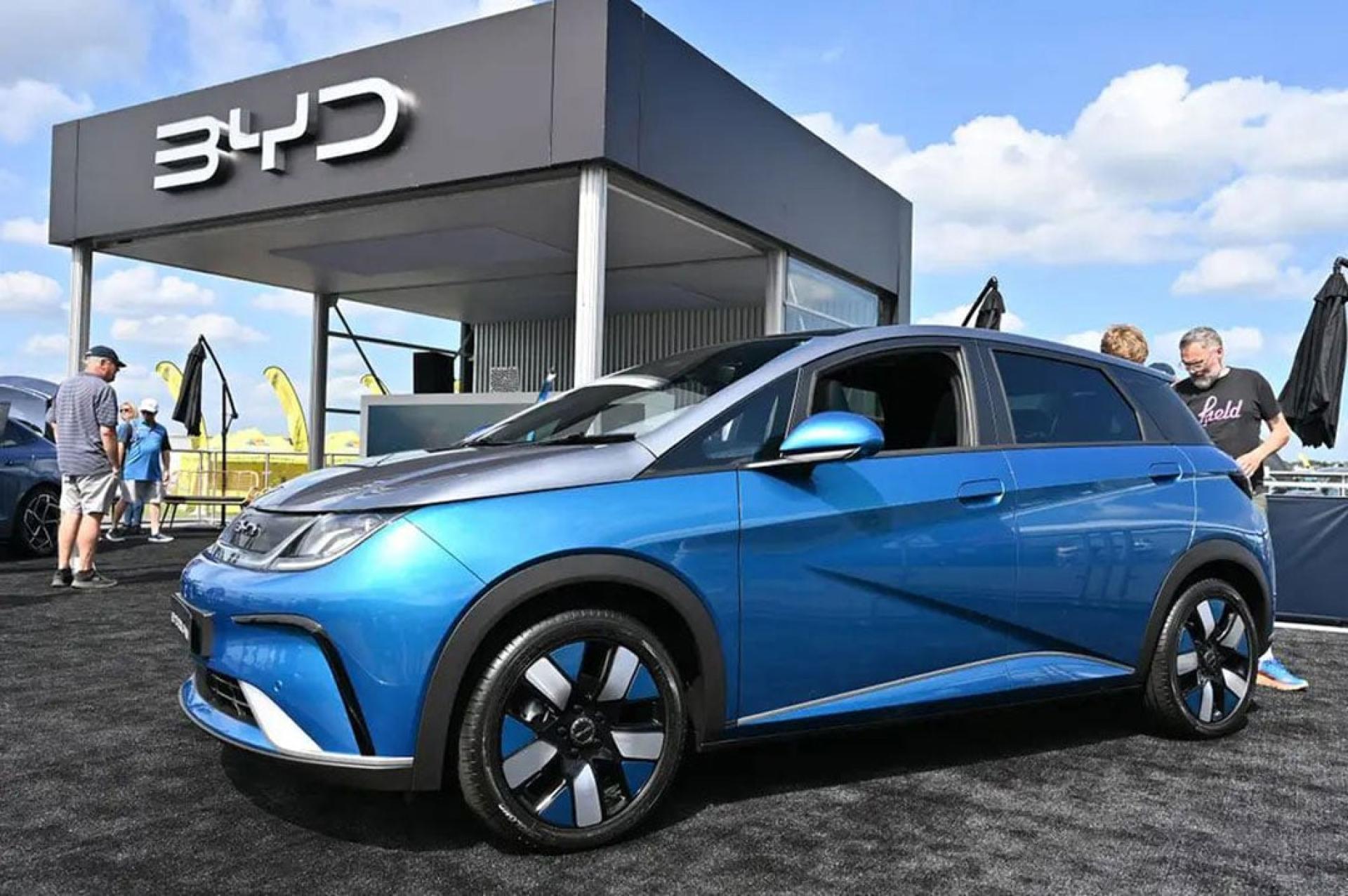On the afternoon of the 29th, China's Ministry of Commerce held a press conference for the 2025 China-Nordic Economic and Trade Cooperation Forum in Beijing. Data shows that from January to August this year, trade between China and the five Nordic countries reached US$37.96 billion (RM159.937 billion), a year-on-year increase of 7.1%. Wang Yupeng, Deputy Director-General of the Department of European Affairs at the Ministry of Commerce, stated that the electric vehicle and battery industries have become new hotspots in China-Nordic economic and trade cooperation.
According to a report from The Paper, data shows that last year, trade between China and the five Nordic countries reached US$53.17 billion (RM224.021 billion), an increase of 8.5%. The growth rate in the first eight months of this year was more than double the rate of China-EU trade in the same period. As of now, the five Nordic countries have cumulatively invested over US$15 billion (RM63.2 billion) directly in China, with investment from Sweden and Denmark each exceeding US$5 billion (RM21.067 billion), ranking at the forefront.
Wang Yupeng emphasized that the electric vehicle and battery industries have become new hotspots in China-Nordic economic and trade cooperation. Nordic countries are pioneers in global green transition, with high electric vehicle penetration rates. A large number of Chinese new energy vehicle brands, such as BYD, NIO, and Xpeng, have already successfully entered multiple Nordic markets and have been well received by local consumers.
"Currently, the world economy is experiencing weak growth, globalization and multilateralism are facing headwinds, and instability and uncertainty are on the rise." He stated that both China and the Nordic countries support multilateralism and free trade. China looks forward to working with Nordic countries to address unilateralism and protectionism through open cooperation and multilateralism, jointly uphold the multilateral trading regime centered on the World Trade Organization, promote the liberalization and facilitation of global trade and investment, and build an open world economy.
